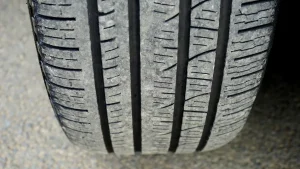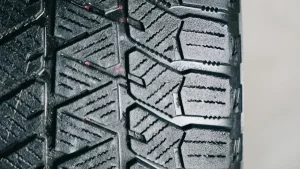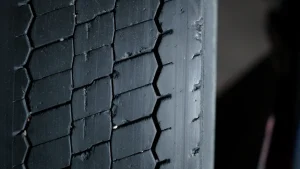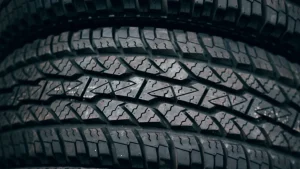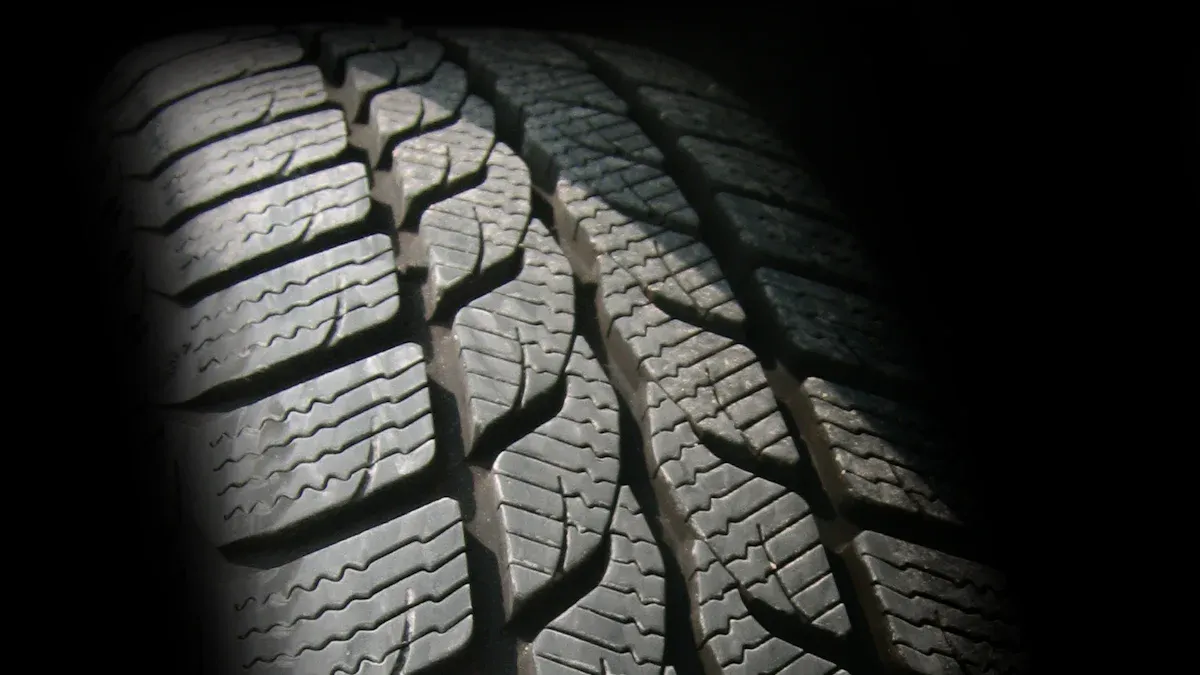
When you want to stay safe on the road, checking tire tread depth is very important. Most drivers, about 64%, check their tire tread depth often. This shows how important it is. Picking the right tire tread depth gauge can make this job easier and more precise.
Here are some of the best options based on expert reviews and user opinions:
Category | Recommended Model | Key Features & Pros |
|---|---|---|
Best Digital Gauge | GODESON Digital Tire Tread Depth Gauge | Easy to use, digital screen, different units, color-coded for tread condition, 180-day warranty |
Best Analog Gauge | JACO TreadPro Tire Tread Depth Gauge | Big analog screen, no battery needed, lifetime warranty, easy to read |
Best Multi-Tasking | CZC AUTO Digital Tire Pressure Gauge | Measures tire pressure and tread depth, digital, small size, backlit screen |
Best Budget Gauge | Epkanty Analog, Bar-Style Gauge | Very cheap, color-coded, plastic, shirt pocket clip |
These models are known for their accuracy and ease of use, helping you drive safely.
Key Takeaways
Checking tire tread depth often keeps you safe. It lowers accident risks and helps you control your vehicle better.
Digital gauges are very accurate and easy to read. Manual gauges are strong and simple but need careful handling.
Multi-tasking gauges check both tread depth and tire pressure. This makes vehicle maintenance easier.
Pick a gauge that works for you. Think about accuracy, ease of use, and price to get the best deal.
Good tread depth helps with braking, reduces hydroplaning risk, and saves fuel. So, check your tires regularly.
Importance of Tread Depth
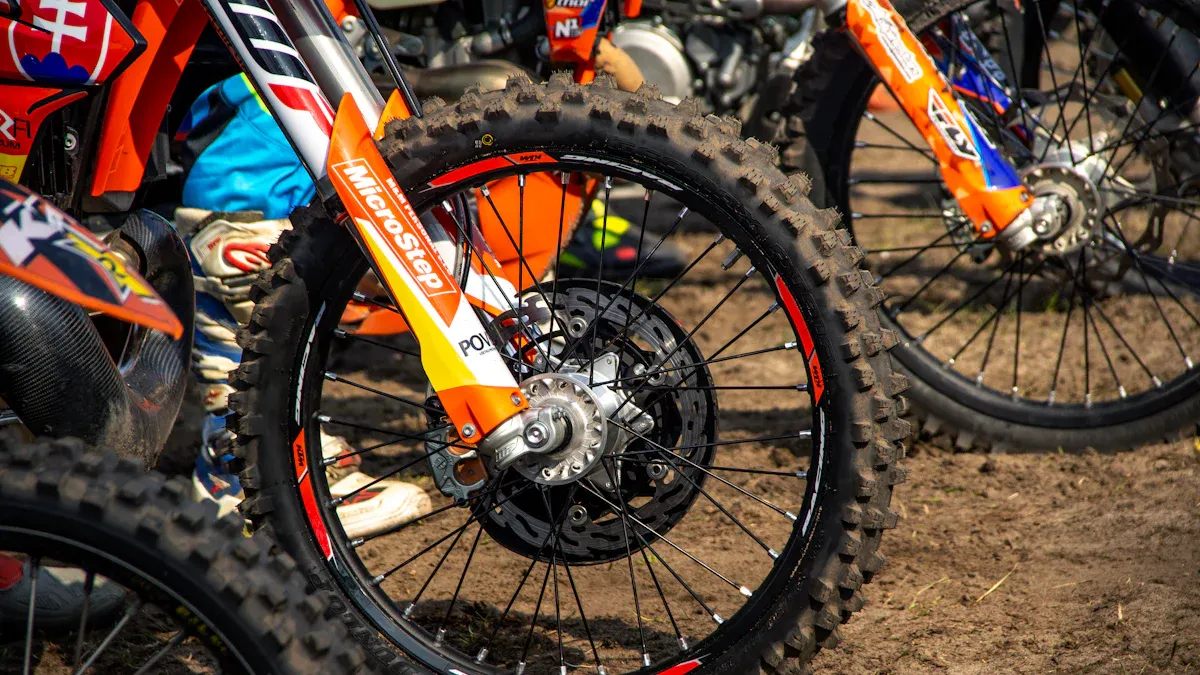
Measuring tire tread depth is very important for your safety. Low tread depth can cause serious accidents. Recent studies show a strong link between worn tires and more accidents. For example, in Alabama, data from 2016 to 2020 showed that cars with low tread depth had more blowouts. These blowouts can lead to serious injuries, especially at high speeds. So, you should check your tire tread depth often to avoid these risks.
Good tread depth also affects how your vehicle performs. Here are some key points to think about:
Braking Distance: Tread depth affects how fast your vehicle can stop. New tires with deep tread (around 10/32″) stop the quickest. Worn tires down to the legal minimum (2/32″) can take up to 52% longer to stop on wet roads. For example, at 60 mph, the stopping distance goes from about 234 feet for new tires to 356 feet for worn tires. This drop in braking power can be critical in emergencies.
Hydroplaning Risk: Enough tread depth helps move water away from the tire. Worn tires lose this ability, raising the risk of hydroplaning. Cars with worn tires can start to hydroplane at lower speeds (around 40 mph) than new tires (43-44 mph). This loss of grip can cause a dangerous loss of control, especially in wet weather.
Legal Requirements: Different places have different legal minimum tread depths. In the United States, the minimum is usually 2/32″ (1.6 mm). But safety experts say to replace tires before they reach this depth for better performance and safety.
Fuel Efficiency: Keeping proper tread depth can also help your fuel efficiency. Tires with enough tread lower rolling resistance, saving you money on gas. Studies show that less tread depth can lead to higher fuel use, costing you more over time.
Tire Wear: Checking your tire tread depth regularly helps you keep track of tire wear. This habit makes sure you replace tires before they become unsafe. Using a tire tread depth gauge can help you measure the remaining tread depth accurately, allowing for timely replacements.
Types of Tire Tread Depth Tools
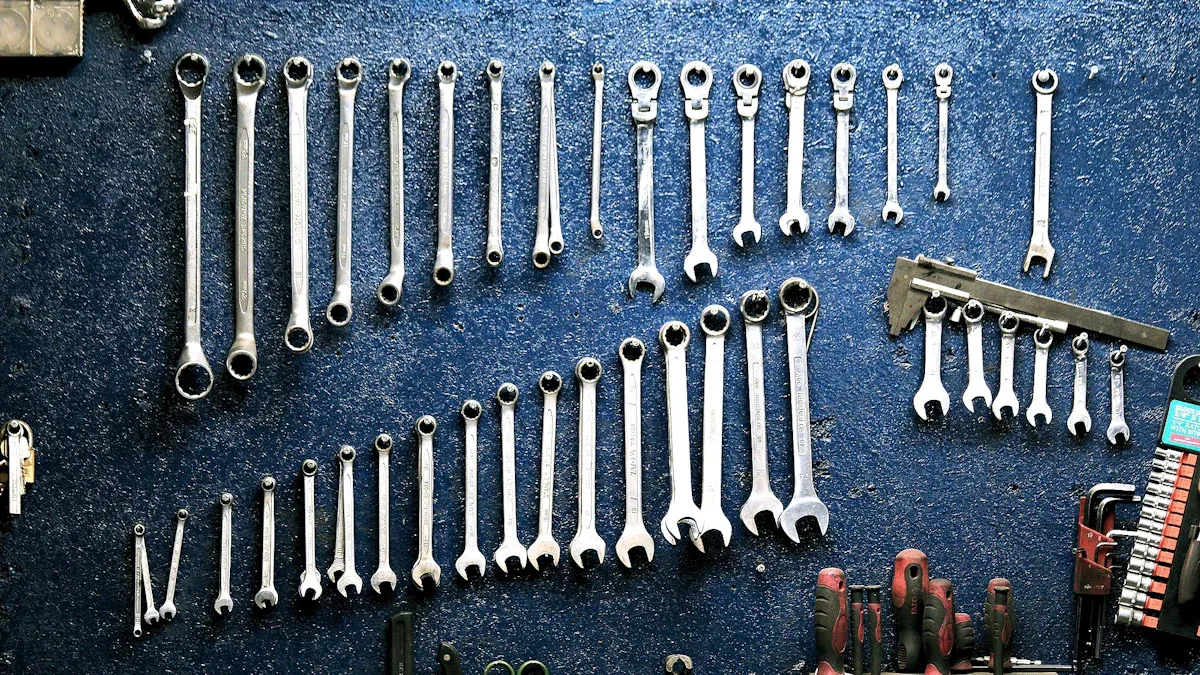
You have different choices for measuring tire tread depth. Each type of tire tread depth tool has special features and benefits. Let’s look at the three main types: digital, manual, and multi-tasking gauges.
Digital Tire Tread Depth Gauge
Digital tire tread depth gauges are popular because they are accurate and easy to use. These gauges usually have a bright LCD screen, which makes it simple to read measurements. Here are some important features:
High Accuracy: Many digital gauges are accurate within ±0.1 mm or better. This precision is very important for keeping your tires safe.
User-Friendly: You can quickly change between measurement units, like metric and imperial. Some models even remember past readings.
Durability: Many digital gauges are protected from dust and water, so they last longer in different conditions.
Feature | Specification |
|---|---|
Measurement Range | |
Accuracy | ±0.02 mm |
Display | LCD with large characters |
Battery Life | About 5 years |
Digital gauges are great for accuracy and ease of use, making them perfect for professional places like auto shops or fleet maintenance.
Manual Tire Tread Depth Gauge
Manual (or analog) tire tread depth gauges are simple and reliable. They don’t need batteries, which makes them a good choice for tough environments. Here are some pros and cons:
Advantages:
Simplicity: You can easily use these gauges without needing special knowledge.
Durability: They are often made from strong materials, so they are less likely to break.
Disadvantages:
Measurement Challenges: It can be hard to align the gauge correctly, especially near the tire side. This can cause uneven readings.
Human Error: Using them manually can lead to mistakes, as the measurements depend on how you use it.
Even with these issues, many users like manual gauges for basic tire checks.
Multi-Tasking Gauges
Multi-tasking gauges combine different functions into one tool. They can measure tire pressure along with tread depth. Here are some features that make them special:
Versatility: You can use these gauges for many tasks, making them a useful part of your toolkit.
Non-Contact Measurement: Some models use laser or infrared technology, so you can measure tread depth without touching. This is especially helpful in wet conditions.
Accuracy | Usability Features | Typical Use Cases | |
|---|---|---|---|
Digital | High accuracy (±0.1 mm or better) | Quick, clean measurements; easy to read even in low light; compact design | Professional, commercial, fleet maintenance |
Manual | Lower accuracy; prone to human error | Simple, durable, strong; needs more skill for consistent readings | Basic use; situations where durability is prioritized |
Multi-tasking | Good accuracy; uses sound waves or infrared sensors | Useful on wet treads; fast measurements; special applications | Auto mechanics; safety checks; niche environments |
Top Tire Tread Depth Gauges
GODESON Digital Tire Tread Depth Gauge
The GODESON Digital Tire Tread Depth Gauge is known for being accurate and easy to use. It has a bright digital screen that shows measurements clearly. You can easily switch between metric and imperial units. The gauge also uses colors to help you quickly check the tread condition.
Pros:
Easy-to-read digital screen
Accurate measurements
Color-coded for quick reference
Cons:
Needs batteries
Slightly higher price
JACO TreadPro Gauge
The JACO TreadPro Gauge is a good analog choice. It has a big dial that makes reading measurements simple. You don’t need batteries, which makes it convenient. This gauge is strong and comes with a lifetime warranty.
Pros:
No batteries needed
Durable design
Lifetime warranty
Cons:
Less precise than digital gauges
May need more skill to use well
CZC AUTO Multi-Tasking Gauge
The CZC AUTO Multi-Tasking Gauge does two jobs. It measures both tire pressure and tread depth. Its small size makes it easy to store and carry. The backlit screen helps you read it in low light.
Pros:
Measures both pressure and tread depth
Compact and portable
Backlit display for visibility
Cons:
Might not be as accurate as other gauges
A bit more complex to use
Epkanty Budget Gauge
The Epkanty Budget Gauge is great for people on a budget. It has a simple design with a color-coded display for easy reading. Users like its lightweight plastic build and handy shirt pocket clip.
Aspect | User Feedback Summary |
|---|---|
Praises | Low cost; convenient shirt pocket clip; color-coded display for easy reading; lightweight plastic; available in multi-unit packs for value and convenience |
Complaints | Very basic features, which some users may see as a downside, but others like the simplicity |
Pros:
Very affordable
Lightweight and portable
Easy to read
Cons:
Limited features
Basic design may not appeal to everyone
Choosing the right tire tread depth gauge can improve your safety and vehicle performance. Each of these options has special features that fit different needs and preferences.
Buying Guide for Tire Tread Depth Gauges
When picking a tire tread depth tool, think about some key things. These things will help you find the best gauge for what you need.
Accuracy and Calibration
Accuracy is very important when measuring tread depth. A calibrated tire tread depth gauge gives you exact readings. Look for gauges that are very accurate, usually within ±0.1 mm. This level of precision helps you make smart choices about tire wear and safety. Regularly calibrate your gauge to keep it accurate. Some digital models even have built-in calibration features, making it easier to keep them reliable.
User-Friendliness
User-friendliness is key, especially if you are new to checking tire tread depth. The GODESON 88702 Smart Color Coded Tire Tread Depth Gauge is great for beginners. Its color-coded system makes it easy to understand tire conditions. Users like its accuracy, simplicity, and portability. Some say the slide part could be tougher, but it is still a top choice for beginners. A gauge that is easy to read and use will help you check your tires often.
Price Considerations
Price is another thing to think about. Tire tread depth gauges come in many price ranges. You can find cheap options that still work well. However, spending a bit more on a better gauge may save you money later. A good gauge can help you avoid expensive tire replacements and keep you safe on the road. Compare features and prices to find the best deal for your needs.
By keeping these things in mind, you can choose the right tire tread depth gauge that fits your needs and helps you drive safely.
To sum up, checking tire tread depth is very important for your safety and how well your vehicle works. Doing this often can help stop accidents and improve grip, especially on wet or snowy roads. The top choices are the GODESON Digital Gauge for accuracy, the JACO TreadPro for ease of use, and the CZC AUTO Multi-Tasking Gauge for its many features. Pick a gauge that matches your driving needs and helps keep your tires in good shape. Remember, deeper treads give better grip and lower the chance of hydroplaning, so check your tires regularly.
FAQ
What is the ideal tread depth for tires?
The ideal tread depth for tires is around 10/32 inches. This depth provides optimal grip and performance, especially in wet conditions. Replace tires when they reach 2/32 inches to ensure safety.
How often should I check my tire tread depth?
You should check your tire tread depth at least once a month. Regular checks help you monitor wear and ensure your tires remain safe and effective on the road.
Can I use a penny to measure tread depth?
Yes, you can use a penny as a quick gauge. Insert the penny into the tread. If you see Lincoln’s entire head, your tread is too worn, and it’s time to replace the tire.
Do all vehicles require the same tread depth?
No, different vehicles may require different tread depths based on their design and intended use. Always refer to your vehicle’s manual for specific recommendations regarding tire tread depth.
How can I extend the life of my tires?
To extend tire life, maintain proper inflation, rotate tires regularly, and align wheels. Avoid aggressive driving and check tread depth frequently to ensure safety and performance.
See Also
Step-By-Step Guide To Measuring Tire Tread Depth Accurately
The Importance Of Regular Tire Tread Checks For Safety
Understanding Smart Tire Tread Detectors And Their Functionality

